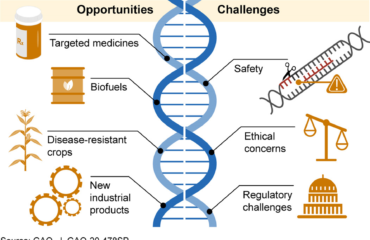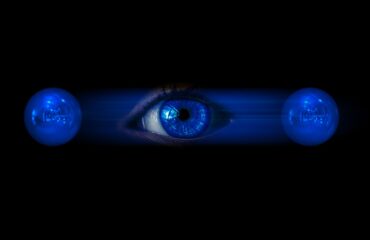Editing Our Human Selves: Will Quantum Computing’s Potential Increase the Risks or the Benefits?
Computing power is combining with gene editing technology to give us unprecedented control over genetics. The technologies are relatively new, making the long-term consequences of editing the human genome difficult to predict. We look at how both classical and quantum computing are being used to amplify our ability to manipulate genetics, and given their future potential ask whether standards against human experimentation will be sufficient to prevent a repeat of the serious legal and ethical violations that put a scientist in prison in 2019.






